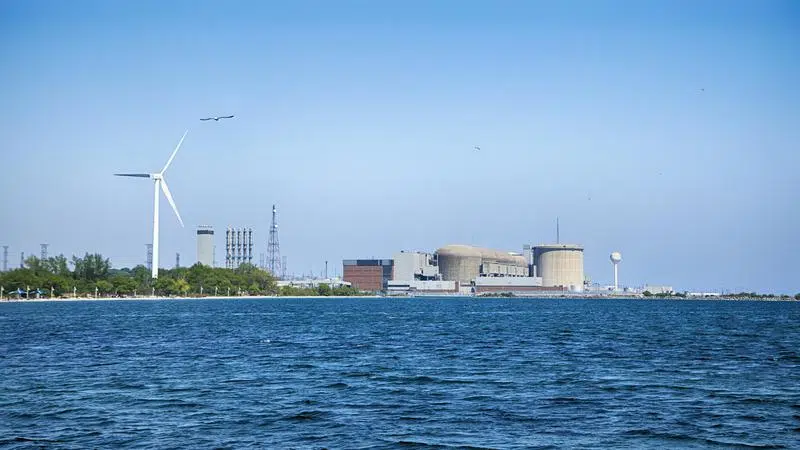
CHARBONNEAU: Canada goes nuclear
CANADA IS THIRD IN THE WORLD in replacing fossil fuels with nuclear. France and Sweden have replaced almost all of their fossil-fuelled generated electricity with nuclear power. Now France generates only six per cent of electricity with fossil fuels and Sweden only one per cent.
Canada comes behind France and Sweden in replacing fossil fuels. Now fossil fuels generate 19 per cent of our electricity. Canada has an advantage with hydroelectricity: hydro generates 59 per cent of our total. Nuclear generates 15 per cent and wind/solar generates 7 per cent.
Ontario is mainly responsible for Canada’s third place position. In 2003, the Ontario government started phasing out coal-fired generators. At the time, coal generated one-quarter of the province’s electricity. By 2014, coal was gone. Now 60 per cent of Ontario’s electricity comes from nuclear plants, not far behind France at 77 per cent. (Globe and Mail, June 21, 2019)
Other countries aren’t even close to the top three. In the United States, 67 per cent of electricity comes from fossil fuels. In Germany, despite massive subsidies for wind and solar, 55 per cent of their electricity comes from fossil fuels.


